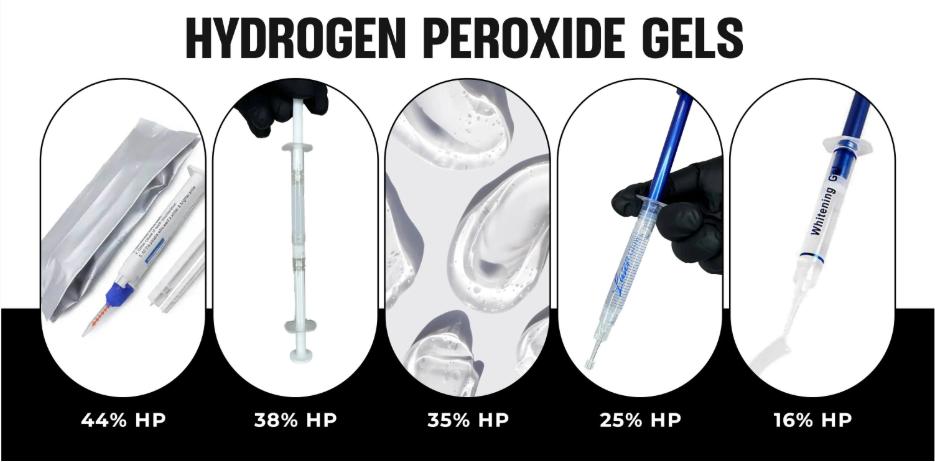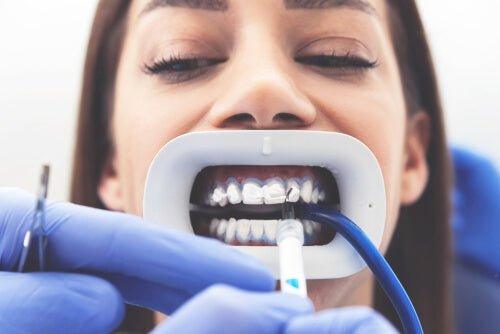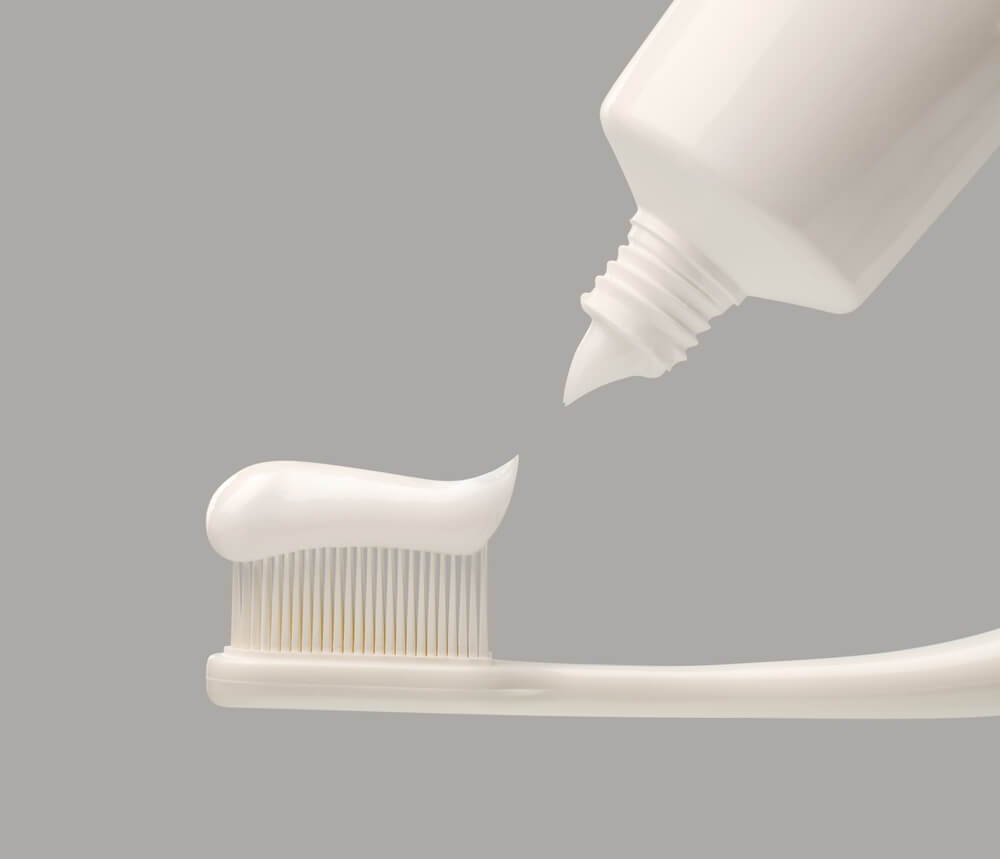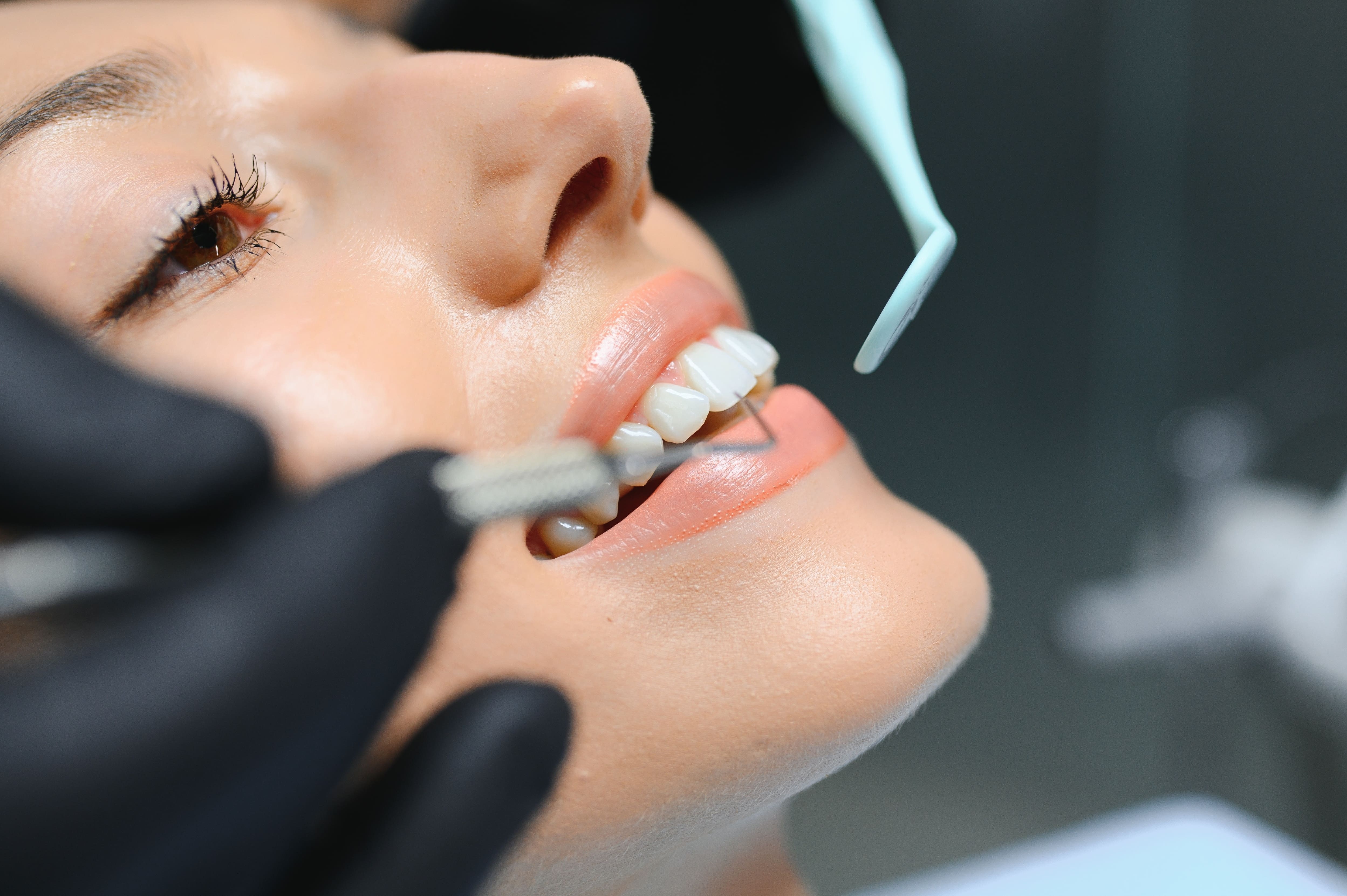Maintaining a healthy mouth is about much more than just having a bright smile. The state of your teeth and gums plays a significant role in your overall well-being. While many people focus on oral hygiene to prevent cavities or keep their breath fresh, the connections between oral health and overall health are profound. This blog delves into how oral health affects overall health, highlighting the importance of dental care in your everyday life.
The Connection Between Oral Health and Overall Health
Oral health is often a window into your body’s general health. The mouth is a gateway to many internal systems, and issues in your oral cavity can have far-reaching effects.
How Poor Oral Health Can Lead to Systemic Conditions
Your mouth is teeming with bacteria—most of which are harmless. However, without proper oral hygiene, including the use of tools like a tongue cleaner scraper, interdental brushes, and rejuvenating mouthwash, these bacteria can reach levels that lead to oral infections, such as tooth decay and gum disease. Gum disease, in particular, has been linked to several systemic conditions:
-
Cardiovascular Disease: Inflammation and infections that start in the mouth can lead to clogged arteries, heart disease, and stroke.
-
Diabetes: Gum disease is more severe in individuals with diabetes, making it harder to control blood sugar levels. Conversely, poor control of blood sugar levels can worsen oral health.
-
Respiratory Infections: Bacteria from infected teeth and gums can be inhaled into the lungs, leading to respiratory problems like pneumonia.
-
Adverse Pregnancy Outcomes: Pregnant women with poor oral health have been shown to have a higher risk of premature birth and low birth weight babies.
The Importance of Dental Care
Given these potential health risks, the importance of dental care cannot be overstated. Regular dental check-ups, proper brushing, and flossing habits are critical in preventing not just oral diseases but also protecting your overall health. Incorporating advanced treatments like professional teeth whitening can also contribute to maintaining both your dental and overall health.
Healthy Teeth and Gums: The Cornerstone of Good Health
Achieving healthy teeth and gums requires consistent effort and the adoption of a few essential habits. Beyond the basic brushing and flossing, understanding what contributes to good oral health is crucial for maintaining a healthy body.
Daily Oral Hygiene Practices
A solid oral hygiene routine is the first step toward maintaining healthy teeth. Here are some practices to consider:
-
Brush Twice Daily: Use fluoride toothpaste and brush for at least two minutes to remove plaque and food particles.
-
Floss Daily: Flossing removes food particles and plaque from between the teeth where a toothbrush can't reach.
-
Use Mouthwash: Antimicrobial mouthwash can help reduce bacteria in the mouth, freshen breath, and prevent gum disease.
-
Limit Sugary Foods and Drinks: Sugar contributes to the growth of bacteria that cause cavities and gum disease. Limiting sugar intake is crucial for maintaining healthy teeth.
Regular Dental Visits
Regular visits to the dentist are vital for early detection of potential problems. Dentists can spot issues like cavities, gum disease, and even early signs of oral cancer before they become serious. Early intervention is key to preserving both your oral and overall health.
The Role of Diet in Oral Health
What you eat has a direct impact on your oral health. A balanced diet rich in vitamins and minerals helps keep your teeth and gums healthy. Foods high in calcium, such as dairy products, leafy greens, and almonds, strengthen teeth enamel. Meanwhile, crunchy fruits and vegetables like apples and carrots can help clean teeth naturally and stimulate saliva production, which neutralizes acids produced by bacteria.
How Dental Health Affects Overall Health: The Science Behind the Connection
Scientific research supports the notion that how dental health affects overall health is not just a matter of oral hygiene but also systemic health. Let’s explore how dental conditions can contribute to or exacerbate other health issues.
Inflammation: The Silent Link
Gum disease, particularly periodontitis, is characterized by chronic inflammation. This inflammation doesn’t just stay in your mouth—it can spread throughout your body. Chronic inflammation is a common denominator in many serious health conditions, including heart disease, diabetes, and arthritis. The bacteria responsible for gum disease can enter the bloodstream and trigger inflammation in other parts of the body.
Oral Health and the Immune System
A healthy immune system fights off infections, but poor oral health can tax your immune system. The persistent presence of harmful bacteria in the mouth can weaken your body’s ability to fend off other infections, making you more susceptible to illnesses.
Oral Health as a Diagnostic Tool
Interestingly, dental professionals can often detect signs of other health issues during a routine dental exam. For example, symptoms of diabetes, osteoporosis, or heart disease can sometimes be observed in the condition of the gums or teeth. This makes regular dental check-ups not only a preventive measure for oral health but also a potential early warning system for other health conditions.
The Ripple Effect: Why Healthy Teeth and Gums Matter
The ripple effect of maintaining healthy teeth and gums goes beyond just oral hygiene. By focusing on your oral health, you’re investing in your overall well-being. Here’s why:
-
Preventive Care Saves Money: Treating dental problems early prevents costly treatments down the road. More importantly, it helps you avoid the expenses associated with managing chronic conditions linked to poor oral health.
-
Improved Quality of Life: Good oral health enhances your ability to eat, speak, and socialize without discomfort or embarrassment.
-
Increased Longevity: Studies suggest that individuals with good oral health tend to live longer, healthier lives. By preventing diseases that originate in the mouth, you’re contributing to your overall life expectancy.
Conclusion
Understanding how oral health affects overall health is crucial for anyone who wants to lead a healthy, long life. By prioritizing the health of your teeth and gums, you’re not just ensuring a beautiful smile but also taking an important step towards preventing systemic diseases. The importance of dental care cannot be overstated—it’s an investment in your overall well-being.
Remember, healthy habits such as regular brushing, flossing, a balanced diet, and routine dental visits are your first line of defense in maintaining healthy teeth and gums. These practices are simple yet powerful tools that help protect your entire body, proving that oral health is truly a cornerstone of overall health.










